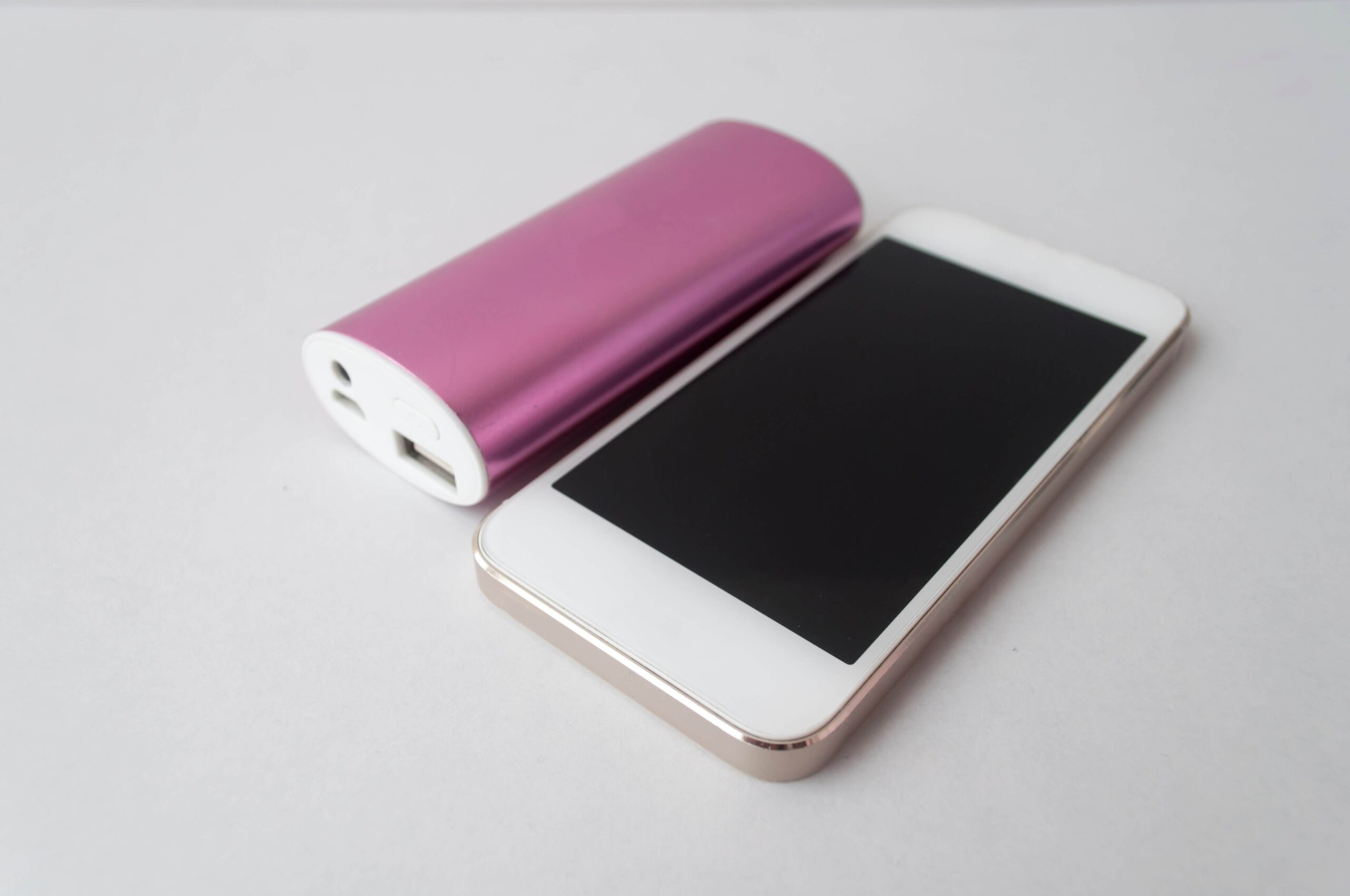Safe Disposal and Recycling of Batteries in Healthcare Settings
During these challenging times, we continue in our mission to provide safe, secure and sustainable living and working environments for communities everywhere.
Underwriters Laboratories’ commitment to advancing public safety includes support for hospitals, healthcare facilities and frontline workers. We provide insights about safe battery disposal in healthcare settings, and our battery research is available to manufacturers, healthcare workers and the general public at all times.
Healthcare professionals are working around the clock in their fight against COVID-19, and these days, nearly everyone uses battery-enabled mobile technologies to stay connected. For more than a decade, Underwriters Laboratories has been researching issues affecting the safety of high-energy batteries to help people understand how they can reduce the number of unsafe incidents. Our research helps prevent battery-related fires and other safety hazards by streamlining safe practices and recommending measures for the safe disposal and recycling of batteries to avert any major safety risk.
Safe Battery Handling for Disposal and Recycling

Over the past decade, battery-powered technologies have proliferated throughout the healthcare environment. Medical professionals operate wearable devices and carry portable electronics such as mobile phones, tablets, laptops, cameras and camcorders—most of which are powered by rechargeable, lithium-ion batteries.
While medical equipment and portable electronics are powered by high-energy lithium-ion batteries, medical facilities also utilize large, stationary battery systems known as Uninterruptible Power Supply (UPS) equipment. These large UPS systems provide critical infrastructure support and backup power in medical facilities. They are powered by lead acid batteries, which require proper maintenance and handling.
Irrespective of battery types, safe recycling and disposal practices—along with proper battery sorting—are vital to public health and safety and a key component of responsible environmental stewardship.
Safe Battery Disposal — Basic Do’s and Don’ts
Alkaline batteries can be disposed of in the trash or recycled according to local and national guidelines.
When rechargeable varieties—like lead acid and lithium-ion—need to be discarded, they should be disinfected safely prior to placing in the appropriate recycling containers, readying them for disposal.
During the disinfecting process, one needs to be careful while cleaning the battery terminals; inadvertent contact with the two terminals should be avoided to prevent short circuiting the battery, which can lead to a fire, smoke and thermal runaway.
Do not use soap and water to disinfect batteries, doing so can cause a short circuit in the battery, which can lead to a fire, smoke and thermal runaway.
Disinfectant wipes or wipes soaked in any alcohol-based solution can be used to disinfect the batteries before placing it in the appropriate recycling receptacles.
Battery terminals should not come into contact with any metallic substances during cleaning, such as jewelry. Gloves must be worn while disinfecting, sorting and disposing the batteries.
Safe Recycling Practices
Recycling batteries helps mitigate environmental pollution and also prevents any catastrophic events from occurring due to incorrect disposal.
Another important concern when recycling these batteries is to avoid mixing batteries of different chemistries in the same recycling bin because each requires a unique and differentiated recycling protocol.
Lead acid batteries contain toxic compounds such as lead with traces of other toxic metals. The batteries are crushed during the recycling process prior to separation and extraction of metals.
Lithium-ion batteries contain metallic and non-metallic components such as cobalt, manganese, nickel, phosphorous and fluorine, which are also toxic in varying quantities. Crushing a lithium-ion battery will result in a fire, smoke and a thermal runaway. These batteries cannot be crushed.
Inadvertent mixing of battery chemistries has been suspected as the cause of large fires that have destroyed battery recycling facilities.
For more information on battery safety and the safe disposal and recycling of batteries, please contact us here and one of our battery safety experts will respond to your inquiry.
References
Fire in Republic Services, Plano, Texas in 2016
Fire at Ecomaine’s recycling facility, Dec. 2017
Fire at Battery Recycling facility in Milwaukee, July 2018
Fire at Penn Recycling, Williamsport, Aug. 2019
Fire at Mississauga Battery Recycling in Mississauga, Canada, Aug. 2019
PUBLISHED









